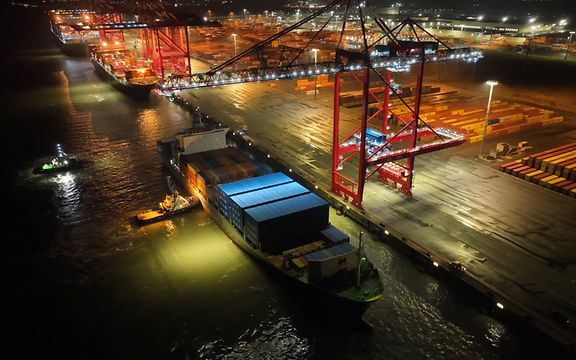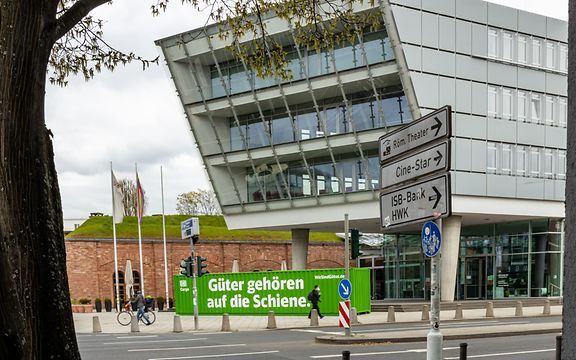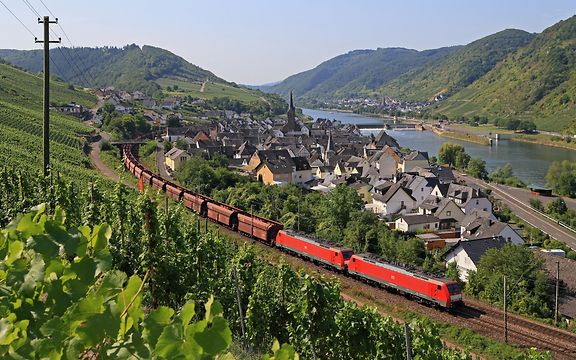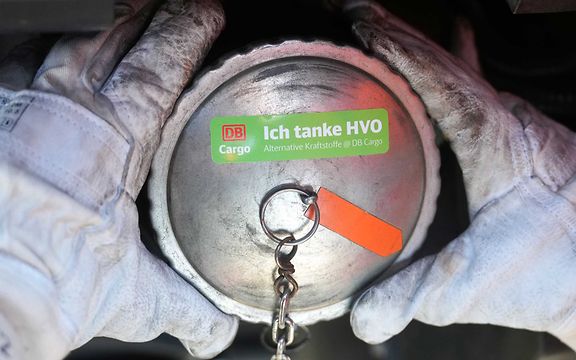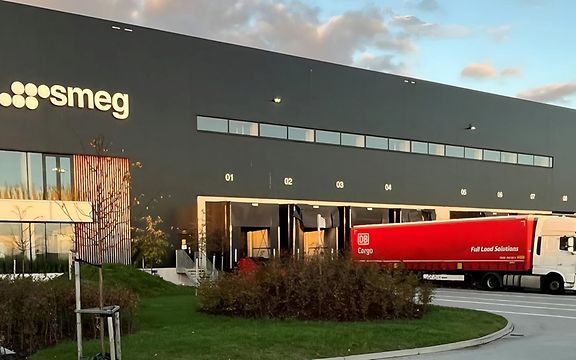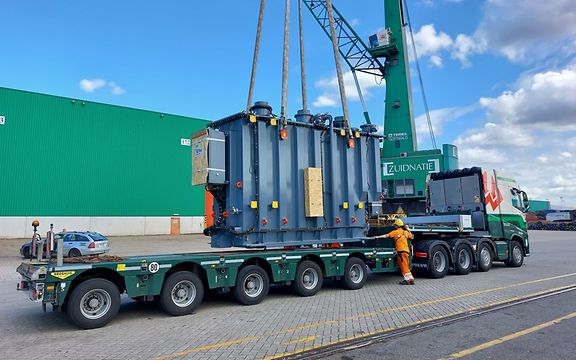Since the 1990s, globalisation has led to a steady increase in the volume of freight transport. In Germany, freight volumes have doubled, one reason being that the Federal Republic is a typical transit country with its central geographical location. Most goods are transported by lorry – 3.6 billion tonnes in 2021 – with rail and inland waterways a long way behind.
Germany has set itself the goal of becoming climate neutral by 2045. Considering that the transport sector is the third-largest emitter of CO2, we need to take a new approach and switch to green alternatives. Compared to road and waterways, rail is unrivalled in its climate friendliness: freight trains produce between 80% and 100% less CO2 than HGVs.
Rail freight transport – the green alternative
Rail freight transport offers many more advantages: with steel on steel rolling more smoothly than rubber on asphalt, freight trains are five times more energy efficient than lorries. At DB Cargo, moreover, around 95% of journeys are electric – and the figure is rising. In DBeco plus, DB Cargo already has an environmentally friendly solution based on 100% renewable power on all electrified routes. Where this is not possible, we make extensive use of hydrotreated vegetable oil (HVO) biofuel, which is marketed under the name DBeco fuel. HVO cuts CO2 emissions by 90% compared to diesel. The environmentally friendly biofuel can be used to refuel all 800 DB Cargo diesel locomotives. DBeco fuel therefore already enables end-to-end climate-neutral supply chains even on non-electrified lines. When it comes to unavoidable CO2 emissions, for example from delivery and collection by HGV, DBeco neutral offers the option to offset emissions by investing in selected sustainability projects. With its Eco Solutions, DB Cargo is making a material contribution to climate protection.
Now it's up to business
For rail to provide a remedy, there must also be a consistent rethink in the business sector and a stronger focus on combined transport. Supply chains can only be made both efficient and climate-friendly if eco-friendly rail is intelligently combined with flexible road logistics. In short, freight belongs on trains.

